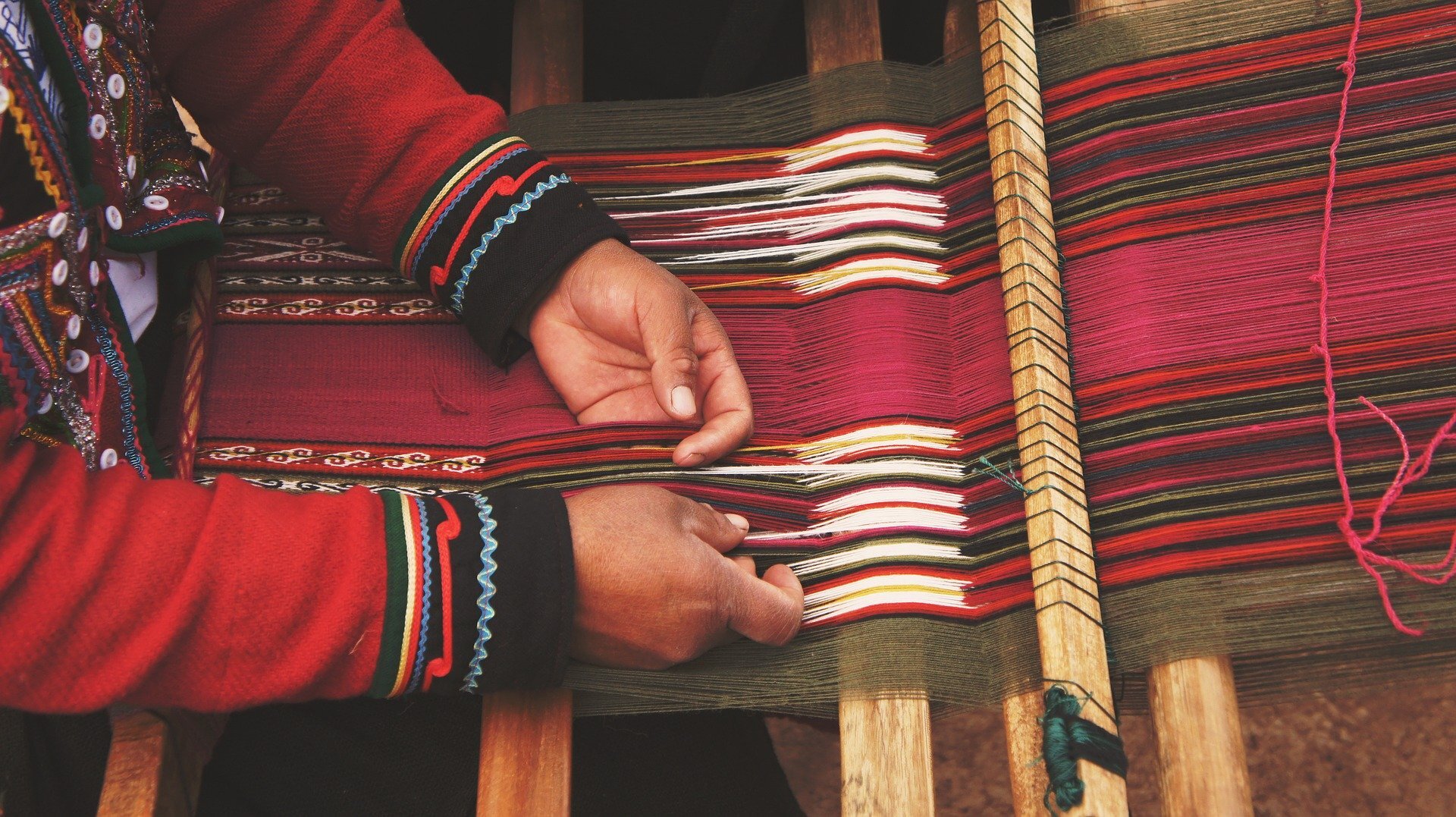In defense of the participation trophy
An activity can be its own reward. (Image by Pexels)
Participation trophies have a bad rap.
In sports, it’s certainly reasonable that the trophies, medals, and ribbons go to the team or athlete who won. It’s a contest.
But the arts aren’t like that. Neither is entrepreneurship. Neither is learning a new skill. You win by doing it — by showing up day after day to do the work and get better. It’s not a competition. “The best” is irrelevant.
Maybe we eschew the idea of the participation trophy because we don’t want to reward people (or ourselves) for simply participating. We want to raise the bar. However, raising the bar is no guarantee of better performance. When the bar is raised before we were even able to clear its previous height, we become demoralized and quit.
What’s more, “raising the bar” is only a metaphor. That “bar” might be an arbitrary measurement we’ve imposed upon our activity that serves only to make us feel bad and doesn’t actually move us forward.
For example, if I’m helping a teenager who is struggling with school refusal, I’m not going to be helping very much if I admonish him for being late on Wednesday when he wasn’t present on Monday or Tuesday. For him, getting to school is an accomplishment in itself — trying to enforce a high standard of punctuality would be counterproductive. A better approach will be to welcome him sincerely and help him to have a positive experience at school.
Some of us are so used to feeling awful about ourselves when we try to do something new that we are uncomfortable with the idea of rewarding what is going well. We prefer, instead, to chastise ourselves and others for errors and missteps. We look to others who appear to be more accomplished and compare our performance to theirs, inevitably finding our own work to be lacking.
Such browbeating may be one recipe for success, but it has two problems: First, it isn’t very enjoyable, and second, it only works when it works. We may grow so weary of framing our every attempt as a failure that we stop trying. Worse, if the habit of focusing on our inadequacy is deeply ingrained, the pain may become so intense that we lose our will to participate in life itself.
Recovering from a lifetime of self-criticism is not easy, but it begins with sincerely celebrating tiny wins. You spent a little time painting today — great work! Instead of assessing the quality of the artwork, give yourself a pat on the back for your effort. When no one is giving you crap about your skill as a painter, you’ll increase the likelihood that you’ll have the emotional energy to come back tomorrow and keep at it.
If you need some external support, choose wisely. Whom can you trust to cheer you on? You may find yourself gravitating toward people who will treat you to the fault-finding you’re used to. I’m here to say that you don’t have to listen to them. Protecting yourself from these voices doesn’t mean you’ll stop growing and getting better. You’re simply being choosy about whom you take feedback from and when. As you build resilience, it will get easier to accept corrective feedback without feeling like you’re hopeless and worthless — and easier to accept praise without feeing like a fraud or assuming that the person praising you doesn’t know what they’re talking about.
In the meantime, whatever you’re making, I hereby reward you with a participation trophy. It’s not a consolation prize or a cop-out. It’s not a cute way of saying you’re not good enough to win or “better luck next time.” On the contrary, I want to congratulate you for making something and maybe even sharing it. I want to celebrate you for trying and encourage you to keep up the good work. Even when it’s hard, you’re doing what it takes. Sometimes that means taking another step along the path, and sometimes it’s starting again after a long hiatus. No matter where you are, you can find a win. And sometimes the thing to celebrate is literally the fact that you were there. You participated. That means something.
What will you do today in order to earn your participation trophy?





